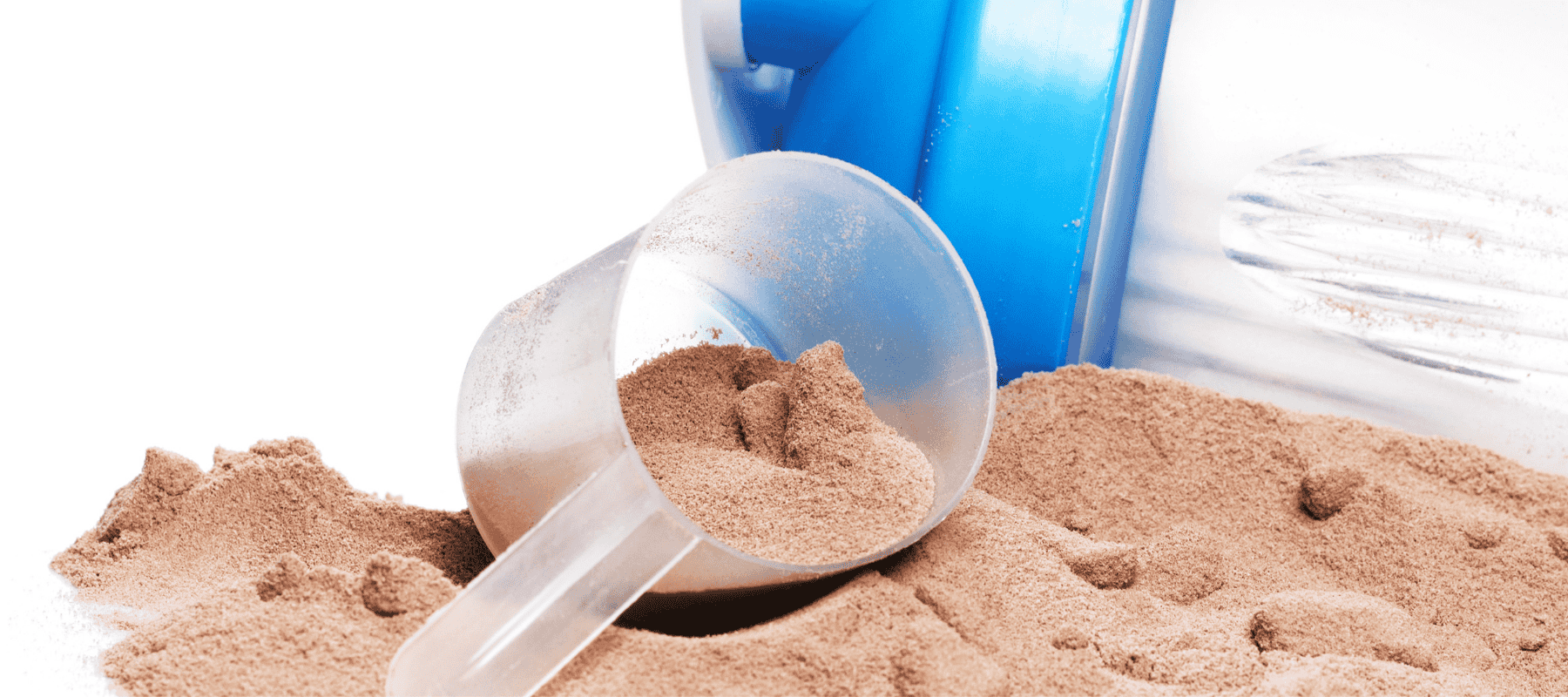When most people talk about health goals, the focus often falls on losing weight. But for many, gaining weight can be just as challenging — and just as important. Whether you’re naturally lean, recovering from an illness, or simply trying to build more muscle, healthy weight gain is all about nourishing your body the right way.
In this guide, we’ll walk through simple, science-backed ways to increase your weight safely, without compromising your health.
Why Healthy Weight Gain Matters
Putting on weight isn’t as simple as eating anything and everything in sight. Fast food, sugary snacks, and empty calories may make the scale move, but they don’t build true health. The key is to add lean muscle and good fat while keeping your energy levels and digestion balanced.
Healthy weight gain means:
- Better metabolism
- Increased muscle mass
- Stronger immunity
- More stamina and energy
1. Eat More Frequently
If you find it hard to eat large meals, try smaller meals every 3–4 hours. Frequent eating ensures your body gets a steady supply of calories and nutrients throughout the day. Include mini-meals like:
- A banana or smoothie between breakfast and lunch
- Nuts, dates, or boiled eggs as snacks
- Whole-grain toast with nut butter before bed
Consistency is key — it’s better to eat five balanced meals than two heavy ones.
2. Choose Nutrient-Dense Foods
Calories matter, but quality matters more. Instead of relying on processed or fried foods, fill your plate with nutrient-rich choices like:
- Whole grains (brown rice, quinoa, oats)
- Healthy fats (avocado, nuts, seeds, olive oil)
- Protein sources (eggs, paneer, chicken, tofu, lentils)
- Fruits and vegetables for vitamins, minerals, and fiber
These foods provide both calories and the building blocks your body needs to gain healthy weight.
3. Add Protein to Every Meal
Protein supports muscle growth and repair, which is crucial for healthy weight gain. Aim to include a source of protein with every meal:
- Breakfast: Greek yogurt or eggs
- Lunch: Lentils or lean meat
- Dinner: Fish, paneer, or tofu
- Snacks: Protein shakes, milk, or nuts
If you exercise, have a protein-rich snack within 30 minutes of your workout to help your muscles recover and grow.
4. Include Healthy Beverages
Liquid calories are an easy way to increase intake without feeling too full. Try:
- Smoothies made with milk, fruits, nuts, and oats
- Peanut butter and banana shakes
- Homemade protein shakes with natural ingredients
Avoid sugary sodas and energy drinks — they add calories but no real nutrition.
5. Strength Training and Exercise
Exercise isn’t just for weight loss — it’s a key part of weight gain, too. Strength training helps convert extra calories into muscle rather than fat. Focus on compound exercises like squats, push-ups, and weight lifting to build mass and strength.
6. Get Enough Sleep
Rest is when your body repairs and builds new tissue. Aim for 7–9 hours of sleep each night to allow your muscles to recover and your metabolism to balance. Poor sleep can slow progress and reduce appetite.
7. Stay Consistent and Patient
Healthy weight gain takes time. You may not see results overnight, but with a consistent routine and the right nutrition, progress will come. Aim for a gradual increase of 0.5–1 kg per week — this helps ensure you’re gaining muscle, not just fat.


